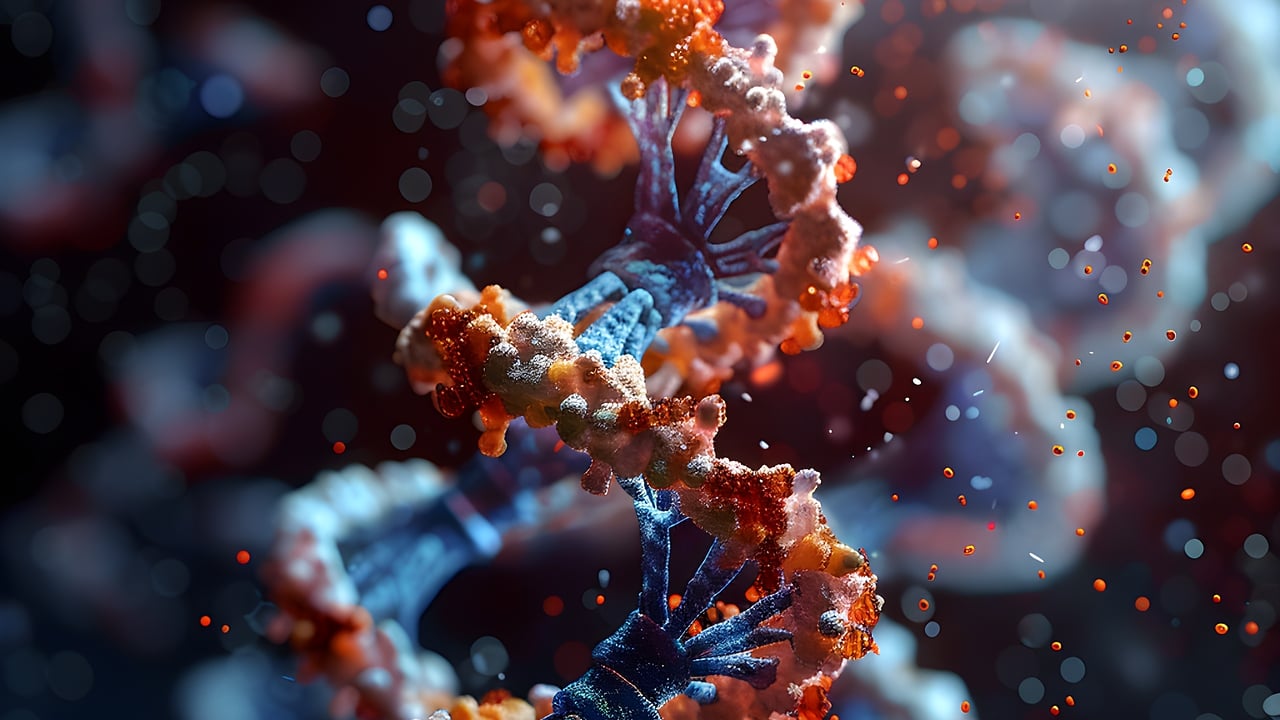
Image: AI-generated DNA. Credit: Ivana Tomášková from Pixabay.
Researchers have examined thousands of genetically defined traits to identify possible causal relationships for eight common cancers. The team evaluated data from more than 860,000 people to uncover potential factors in causing breast, bowel, endometrial, lung, oesophageal, ovarian, prostate and kidney cancers.
The study provided supporting evidence for known risk factors, such as obesity and smoking, reaffirming the importance of public health initiatives to reduce the burden of cancer among the population.
It also uncovered previously unexamined traits that might increase people’s risk of the disease. The research team at The Institute of Cancer Research, London, has made these associations available online to other researchers, whose follow-up studies may help lead to effective prevention strategies.
The research, which was published in the journal Nature Communications, was primarily funded by Cancer Research UK, the Wellcome Trust and Myeloma UK.
New associations worthy of further investigation
For this study, the researchers accessed datasets comprising 378,142 cases of the eight cancer types of interest, as well as data from 485,715 people without a cancer diagnosis. Using information from published genome-wide association studies, they identified 336,191 relevant genetic variants, which they associated with a total of 3,661 traits – meaning genetically determined characteristics of an individual.
Where possible, the team grouped these traits according to established cancer risk factors, including alcohol consumption and obesity. They then categorised each of the remaining traits as one of the following: cardiometabolic, dietary intake, body composition, immune and inflammatory, fatty acid and lipoprotein metabolism, lifestyle, reproduction, education and behaviour, metabolomics and proteomics, or miscellaneous.
The next step was to look for associations between the groups of traits and the cancers being evaluated – for example, seeing whether there was link between different hormone levels and certain types of cancer. Once an association was made, the team used a hierarchical grading system based on statistical significance to label the likelihood of the relationship being causal. The four options were ‘robust’, ‘probable’, ‘suggestive’ and ‘non-significant’. To support this process, the researchers also drew on evidence from the existing literature.
Overall, the number of robust associations with certain traits was highest for endometrial cancer and lowest for ovarian cancer. The traits most likely to increase the risk of cancer were anthropometric traits – which include metrics such as body mass index (BMI) and waist-hip ratio – while those with the least impact were dietary intake and cardiometabolic factors, such as blood pressure and the balance of fats in the blood.
When it came to specific associations, the study confirmed that cigarette smoking increases the risk of lung cancer; increased BMI raises the risk of colorectal, endometrial, lung, ovarian and renal cancers; higher alcohol consumption increases the risk of endometrial, lung, oesophageal, ovarian and renal cancers; and sedentary behaviour raises the risk of breast, colorectal, endometrial and lung cancers.
In addition, the study supported less well-known links that different types of cancers have with hormonal factors and with genetically predicted blood levels of various vitamins, minerals and proteins, including vitamin B12, zinc, and cholesterol. The researchers also uncovered a previously unknown association between a genetic marker in a certain type of white blood cell and six of the cancer types.
Taking a new approach
Many earlier studies have already looked at the links between various risk factors and different types of cancers, so the researchers behind the current study decided to approach their work with a different aim.
From the outset, they deliberately kept their study broad. They included a vast number of traits in their research, considered multiple cancer types and used the largest available cancer datasets.
Rather than basing their study around a specific hypothesis, such as ’Does physical inactivity increase the risk of ovarian cancer?’, they took an agnostic approach, which allowed them to examine a range of traits with no assumptions or expectations.
Specifically, the team used a technique called Mendelian randomisation phenome-wide association study (MR-PheWAS) to try to minimise erroneous results. Joint first author Dr Molly Went, Analytical Scientist in the Cancer Genomics Group at the ICR, explained:
“MR-PheWAS is a statistical technique that uses genetics to provide information about the relationship between a risk factor and an outcome. We look to see whether individuals with a genetic propensity to a certain risk factor – for example, becoming addicted to the nicotine in cigarettes – also have a genetic predisposition to a particular outcome, say lung cancer. We generate an association between the genetic basis of these traits, and this allows us to estimate the increased risk that trait gives.”
This method helped reduce the risk of reverse causation – where scientists get the cause and effect the wrong way around – and encouraged the team to be aware of alternative factors that might explain any relationships, known as confounding variables.
Findings that are likely to have long-term scientific impacts
Senior author Professor Richard Houlston, Professor of Molecular and Population Genetics at the ICR, said:
“We were pleased to be able to assess multiple traits that have not previously been considered by other researchers. Our work highlighted the complexity of examining traits such as dietary intake, for which it is very hard to disentangle correlations and patterns in the general public’s dietary behaviour.
“We attempted to overcome this by using extensive cancer datasets and performing a significant number of tests. This gave us the strong evidence we needed to be confident that what we were seeing was not due to chance alone.”
Dr Went added:
“This paper is likely to have more impact in the long term. Further molecular and biological follow-up from the cancer research community will help us better understand the basis of the associations identified in this work. To that end, we are delighted to be able to make these associations publicly available. We hope that our results will complement other scientists’ independent research.
“In the short term, our research has robustly confirmed well-established risk factors for cancer, such as smoking, alcohol consumption and obesity. In turn, this has reassured us that our methodology is effective in capturing the hazards associated with new risk factors found in the study. Going forward, some of the molecular factors identified in the study could serve as potential biomarkers for cancer risk, offering prospective avenues for early detection and prevention strategies.”
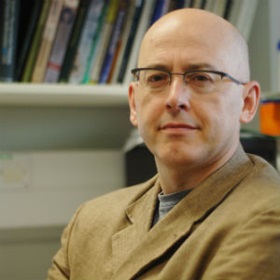
 .
.
 .
.
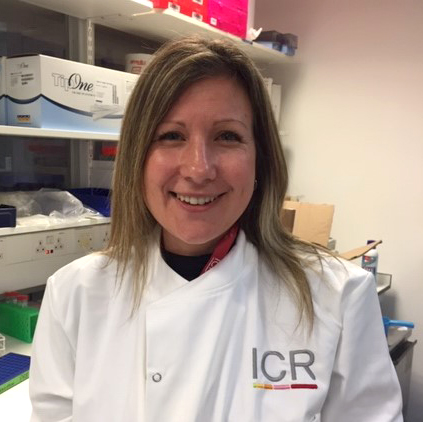 .
.
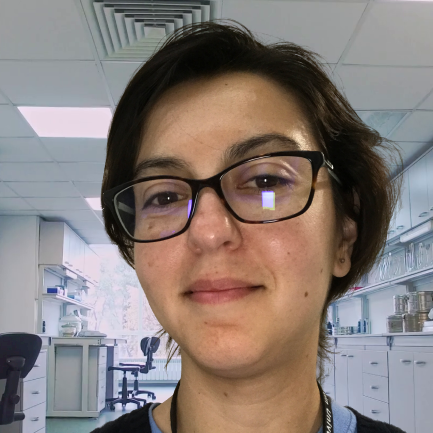 .
.
 .
.
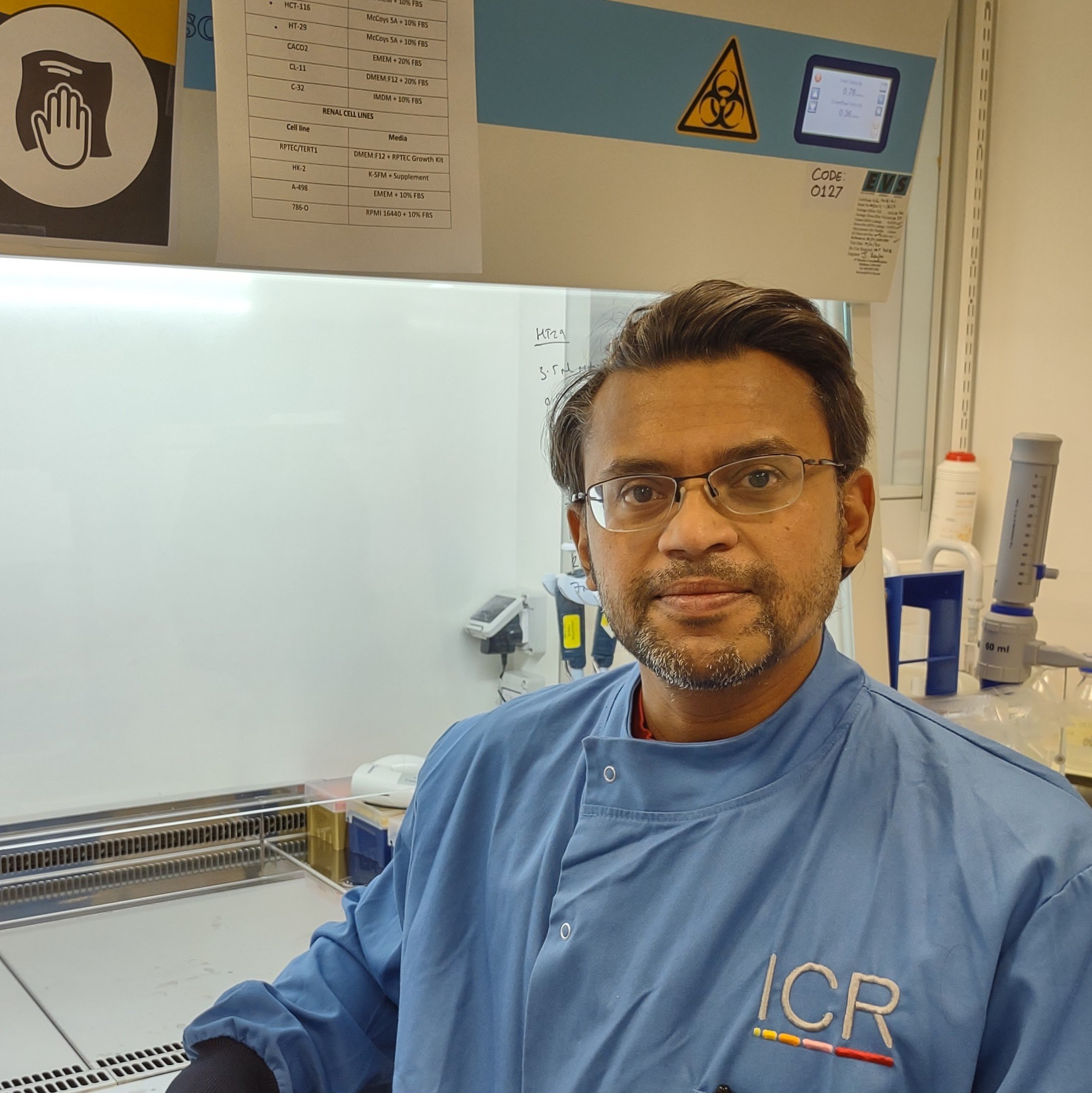 .
.
 .
.